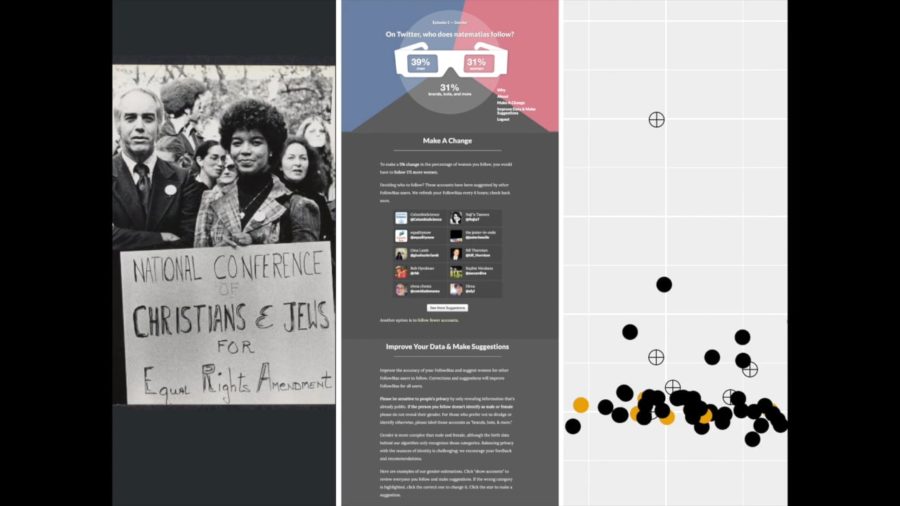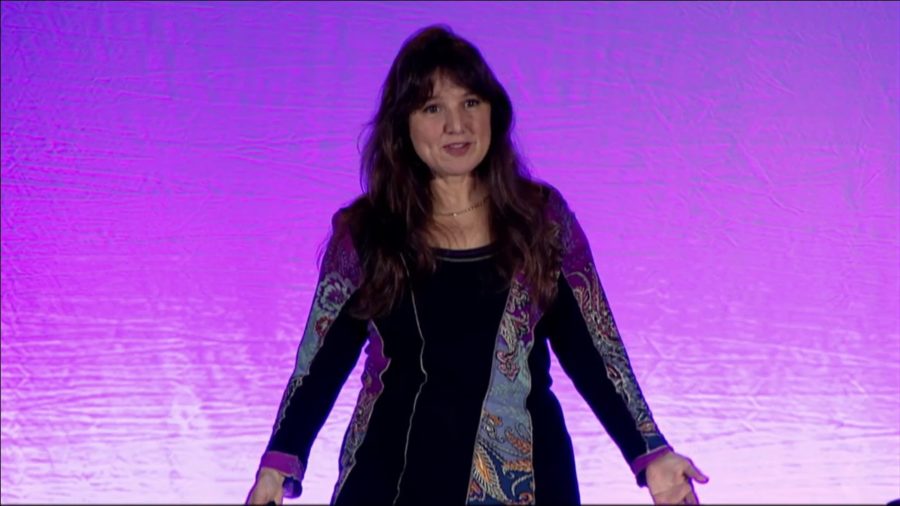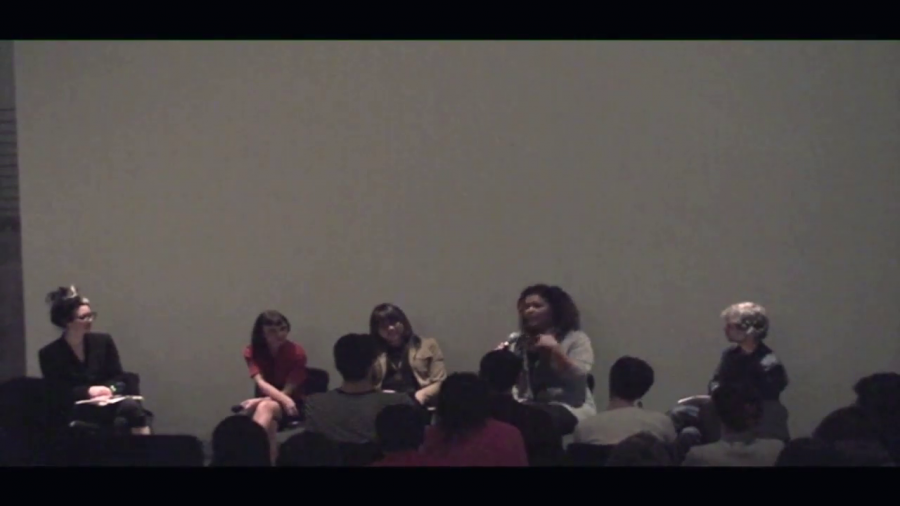In 2011, the cultural critic Emily Nussbaum reflected on the flowering of online feminism through new publications, social media conversations, and digital organizing. But Nussbaum worried, even if you can expand the supply of who’s writing, will that actually change the influence of women’s voices in society? What if online feminism was just an echo chamber?
Archive (Page 2 of 2)
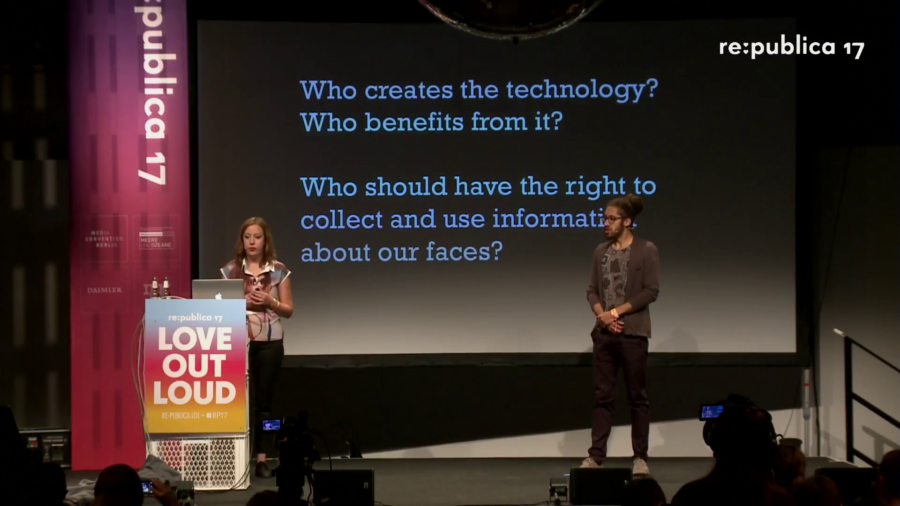
We have to ask who’s creating this technology and who benefits from it. Who should have the right to collect and use information about our faces and our bodies? What are the mechanisms of control? We have government control on the one hand, capitalism on the other hand, and this murky grey zone between who’s building the technology, who’s capturing, and who’s benefiting from it.
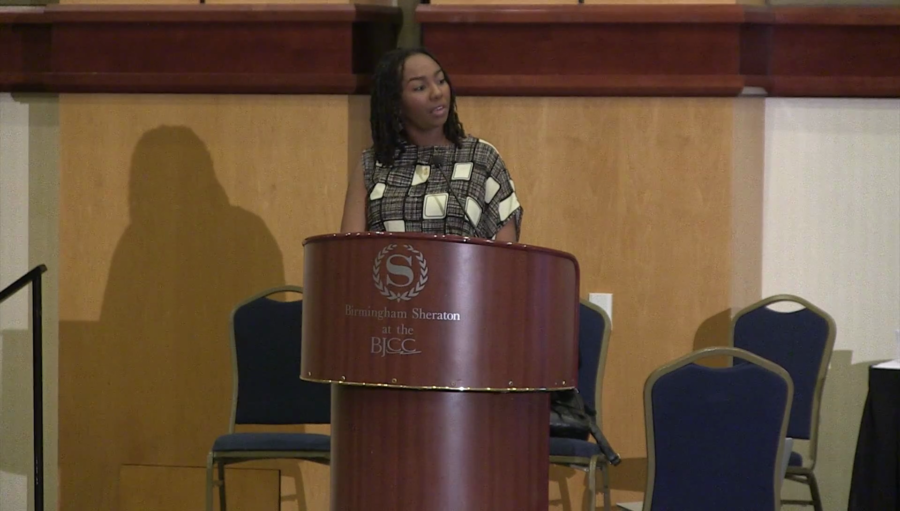
It’s paramount that our society recognize the role of anti-black structural racism in the US. And that our 21st century multiracial social movements uplift and centralize the issues of those community members who are impacted and are living at the margins. We know that if we do, we’ll get closer to real justice for all of us. Moreover, it’s been widely documented that the gains made by and with the black community have always led to better standards of living for all of us.
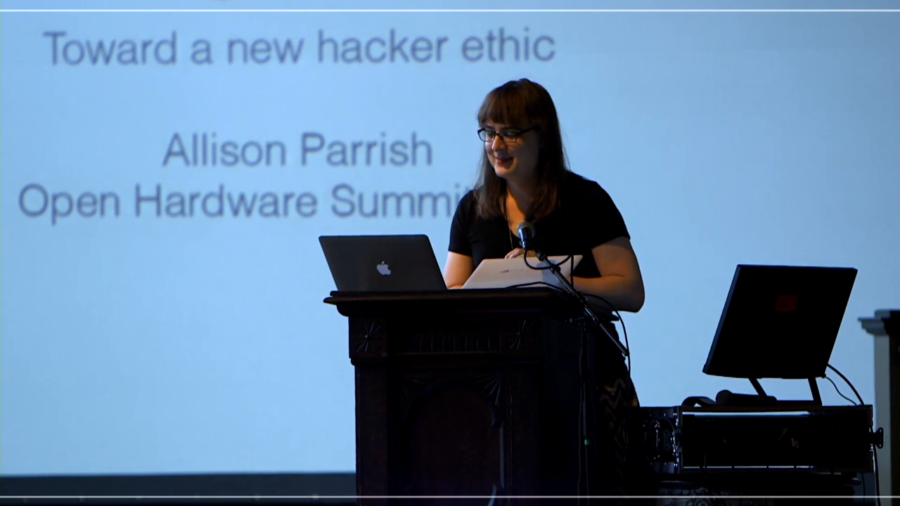
I wouldn’t be surprised to find out that many of us here today like to see our work as a continuation of say the Tech Model Railroad Club or the Homebrew Computer Club, and certainly the terminology and the values of this conference, like open source for example, have their roots in that era. As a consequence it’s easy to interpret any criticism of the hacker ethic—which is what I’m about to do—as a kind of assault.
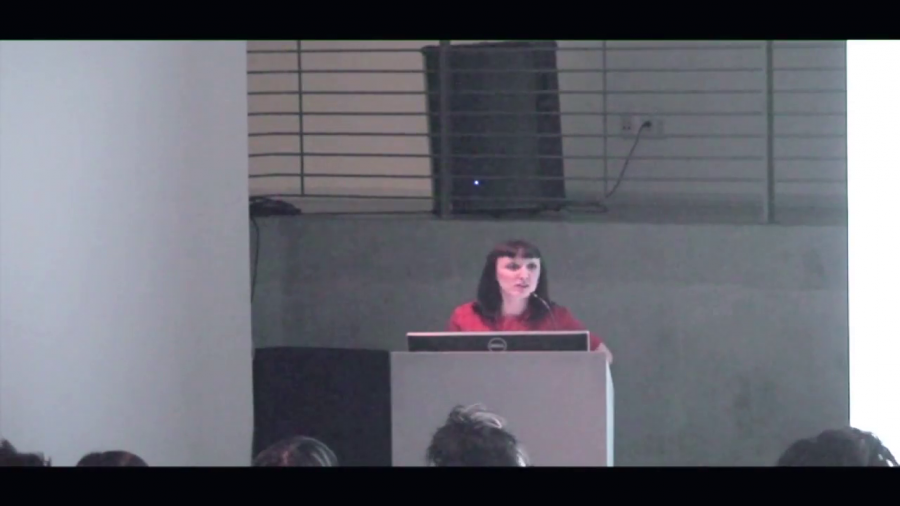
What I’m arguing primarily today is that focusing on pedagogy is a key aspect of social justice work, and that teaching critical data literacy along with other digital literacy skills is a key part of what we need to do.

